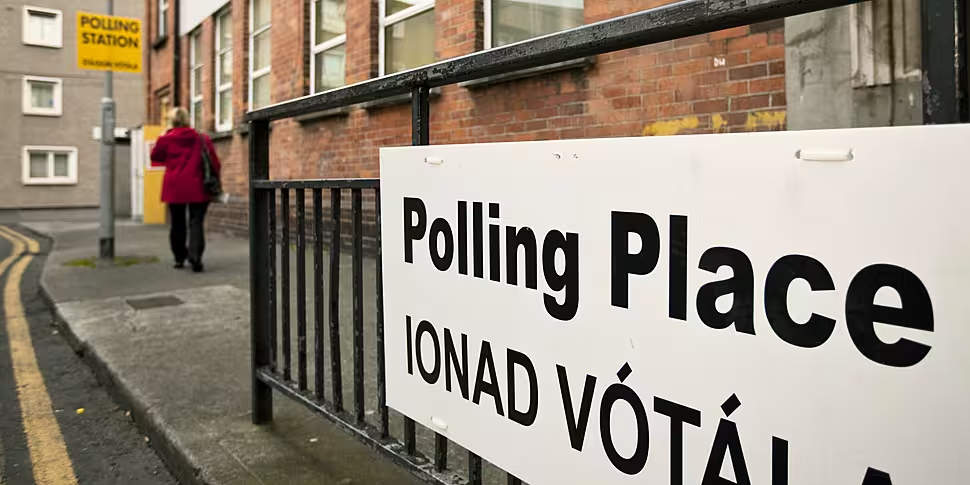A new report has recommended reducing the voting age here to 16.
The research from the Children's Rights Alliance asked teenagers how they felt their voices were being heard by elected representatives.
It says children should be provided with information on their rights, how to better protect them and how these are exercised in different systems - for example - the healthcare system, care system, justice system and so on.
A youth panel identified specific rights that are particularly important for them as children - including the right to education, health, participation in decision-making and their right to access services and supports for disabilities.
It found schools should provide mandatory and comprehensive education on children's rights.
"This should go beyond the UN Convention on the Rights of the Child and include information on remedies and supports available to children and their families", the research says.
It also says special protections should be put in place for vulnerable groups - including providing adequate spaces such as gender neutral toilets and changing rooms, school facilities and infrastructure accessible for children with disabilities.
Julie Ahern is head of legal policy at the Children's Right Alliance.
She told Breakfast Briefing the opinions on political involvement were clear.
"What it set out to do is to look at what their knowledge is of their rights, and find the gaps that they need to be filled for those rights to be enforced.
"What really interested us was that they did come up very strongly with the need for the voting age of 16.
"The reason why... is that when they looked at the issues coming up for them, the issue was not a perceived lack of knowledge of rights.
"They found that children who experienced discrimination are acutely aware of what their rights are.
"But the issue was in fact a lack of enforcement, and other people's attitudes towards children and young people.
"That is one of the reasons why they felt they needed a voice in the political system.
"They felt that, when the were carrying out the research, that children and young people know what is going on in the world - they know what is going on for them and that they're experts in their own lives.
"But they found that sometimes they find it difficult to get decision-makers to listen to them, because they are not a voter.
"And they felt that having the voting age lowered to 16... will really help ensure that their rights are better protected, respected and that they're respected within the systems".
Julie says a large majority of young people want to be heard.
"Children and young people are very much aware of what the issues are, and they want to be heard on it.
"Obviously, like with adults, you'll have some people who won't want to engage - and that's fair enough.
"But there's a large majority of children and young people out there who really want to have their say on the core issues".









